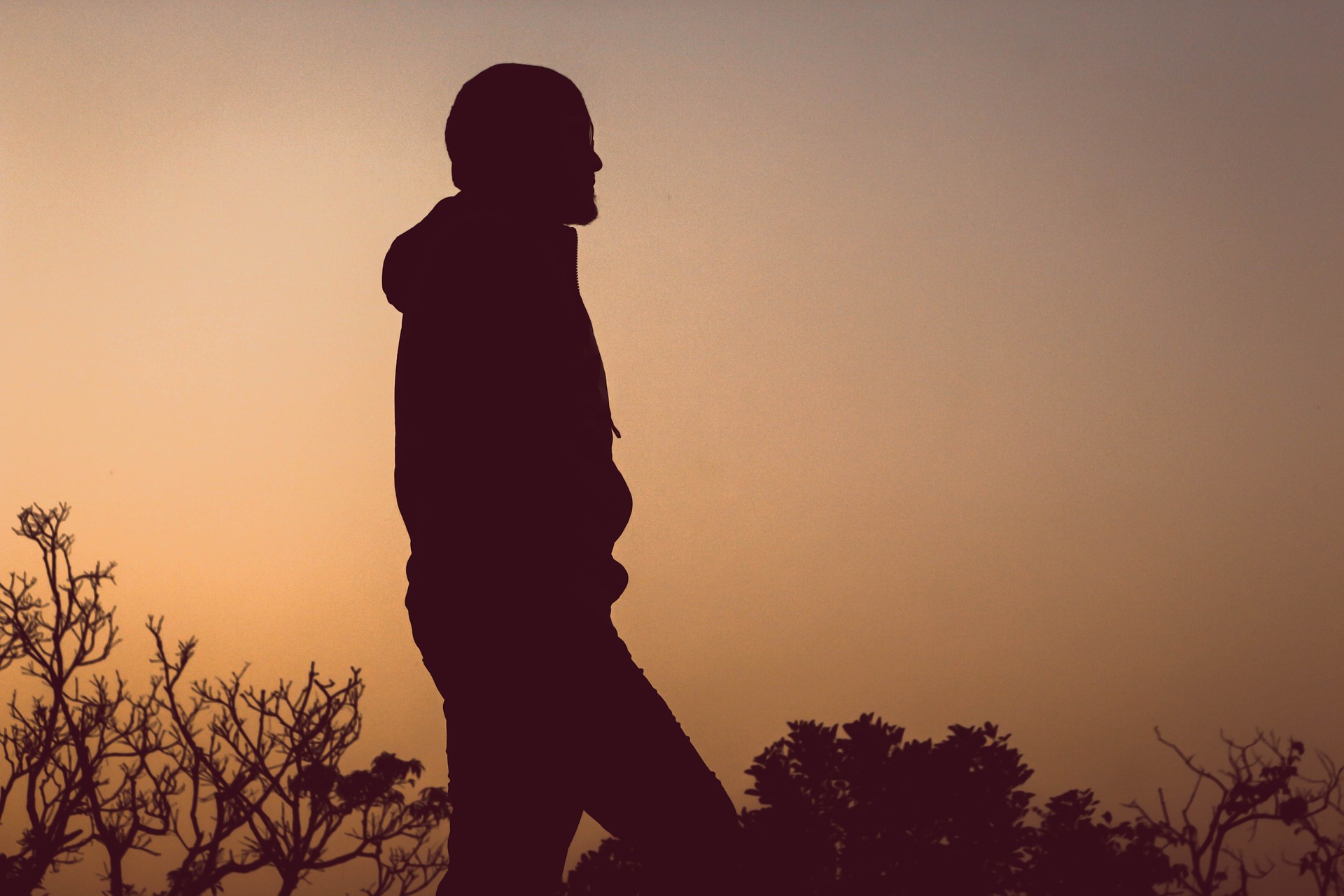“You can be surrounded by the entire world but not having the only person you want with you can make you lonely. It’s not about the number of people, it’s about the quality of the connection, and our connection was one that I don’t think I’ll ever have again,” Ramy Ahmed*, 22, said. Ahmed is among countless young Egyptians who have struggled with loneliness. He told Egyptian Streets about what triggered the emotion for him. “I was never really lonely before, this is somewhat new to me. I was in a 5-year relationship that just ended a month ago. It started out in my first year of university and ended a month after graduation. It’s been the first time I’ve felt alone and lonely in such a long time,” Ahmed said. He added that being extremely close with his significant other led to a devastating separation that took a toll on him, leading him not to feel like himself. Loneliness is an emotion that most people have experienced at least once in their lives, and likely more often. Statistics worldwide show that young people are more likely to experience loneliness…
Shedding the Shame: Egyptian Youth Fight Loneliness in a City of 20 Million
August 14, 2020



